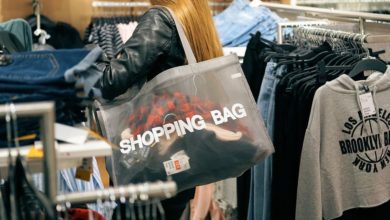Try-before-you-buy is causing a ‘returns tsunami’

Try-before-you-buy (TBYB) is a new shopping trend that enables customers to order multiple items before deciding what they’d like to keep. There is no up-front cost; shoppers simply pay for items they keep after a certain number of days – usually 30 days.







